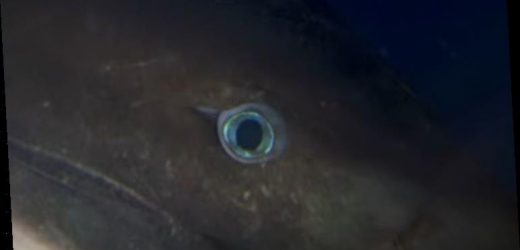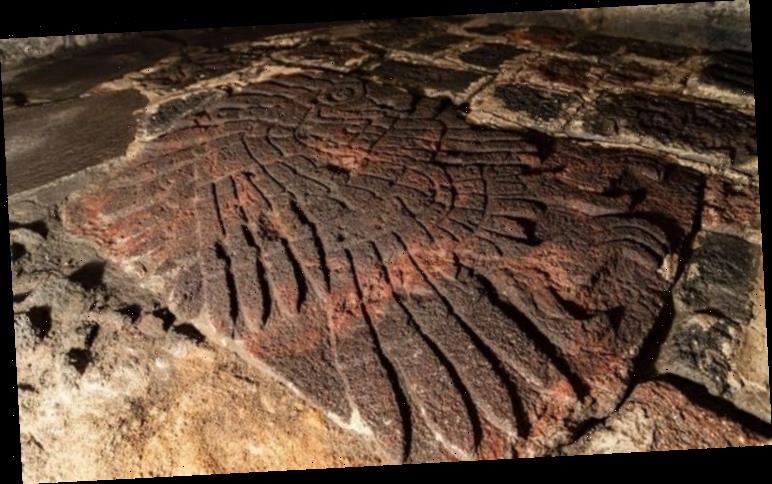Shark attacks drone in shocking moment
OceanX – an organisation dedicated to exploring the depths which have never been seen by humans before – got up close and personal with an ancient monster which lived at the time of the dinosaurs. An exploration 500 metres beneath the surface off the coast of the Bahamas led to an encounter with a monstrous shark.
A video released by OceanX shows the giant bluntnose sixgill approach the crewed underwater submarine.
In the footage, the ancient beast, which can reach over six metres in length and can live up to 80 years, presses its head against the window of the craft.
After inspecting the ship, the bluntnose sixgill, which has roamed the waters for 200 million years, turns around giving the people inside a look at its giant fin.
The purpose of the mission was to tag the shark, to learn more about its habits.
We will use your email address only for sending you newsletters. Please see our Privacy Notice for details of your data protection rights.
https://www.youtube.com/embed/z8el3syekK0
Making sure they encountered a bluntnose sixgill, of which there are thought to be 8,000 although there is no official data, was an ordeal.
The submarine pilot Lee Frey said: “There are a number of factors that went into it.
“We had set a big ‘bait parcel’ (a cluster of crates with two chest freezers worth of bait in them) a few days before.
“The scientists have been studying that area for up to a decade, and kind of knew where they were catching them more frequently than others.
“Sixgills also do a (nightly) migration from the deeper part of their habitat to shallower waters, and we had previously mapped the area through sonar.
“So we would try and find a slope where we could park and wait and catch them on their nightly migration.”
Dr Gavin Naylor, from the University of Florida who was involved in the expedition, said as many as 50 percent of shark species may yet to have been discovered.
This means there could be many more ancient monsters lurking in the deep.
DON’T MISS
Shark attacks: Fatal shark attacks reach seven year high for 2021
Shark attack suspected after father goes missing in water
Shark sighting: Spike in apex predator activity explained
The shark expert said: “The way that you would try to address [how many undiscovered species there are] is look at the rates at which new species are being discovered over time.
“And if we are getting close to understanding all of the sharks in the ocean, then it should get slower and slower (the rate of discovery).
“But it’s not. We’re still discovering them at the same rate.
“So it’s entirely possible that there are 50 percent of the world’s sharks are yet to be discovered. (PS: That’s a guess, not an estimate.)”
Source: Read Full Article





